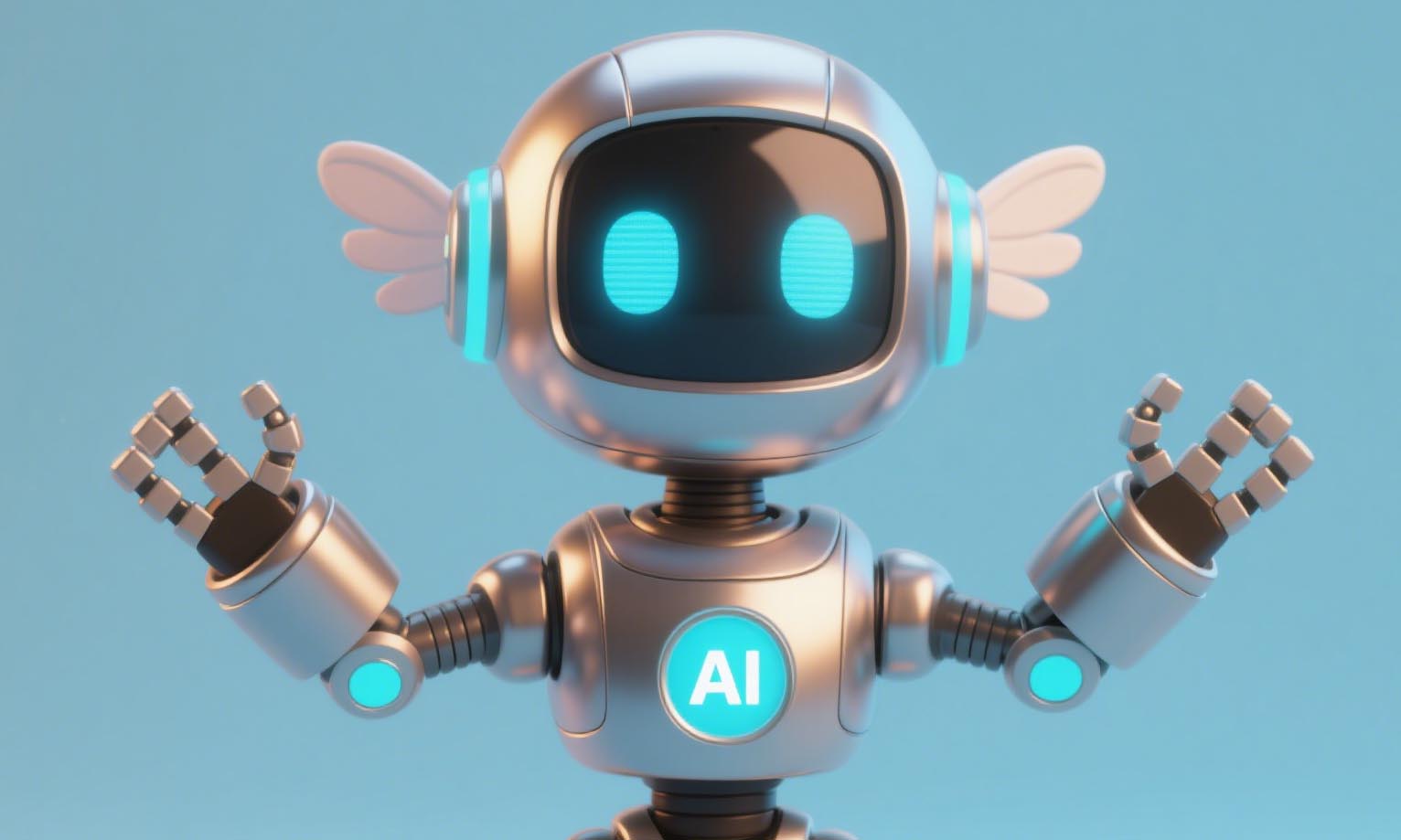AI Enlightenment Education: Paving the Way for a Smarter Future
In today’s fast-evolving digital era, artificial intelligence (AI) is no longer just a tool of the future—it is already reshaping our world. From self-driving cars and intelligent virtual assistants to AI-driven medical diagnostics and smart classrooms, artificial intelligence is transforming how we live, work, and learn. As AI becomes increasingly embedded in everyday life, there is a growing consensus that understanding AI should begin early. This has given rise to what is often referred to as AI Enlightenment Education—a movement aimed at introducing AI concepts to young learners in an engaging, meaningful, and responsible way.
AI Enlightenment Education does not mean turning every child into a programmer or data scientist overnight. Rather, it seeks to cultivate digital literacy, critical thinking, and ethical awareness from an early age. By exposing students to fundamental ideas such as algorithms, pattern recognition, and decision-making systems, educators help them understand not only how AI works, but also how it can be used wisely and ethically.
One of the most promising trends in AI Enlightenment Education is its integration into primary and secondary school curricula across the globe. Countries like Finland, Singapore, and China have begun incorporating basic AI concepts into their national education standards. In China, for instance, pilot programs in elementary schools are using interactive games, robotics kits, and visual programming tools to introduce children to machine learning and automation. These approaches make complex topics accessible and fun, sparking curiosity and creativity.
Beyond traditional classrooms, AI Enlightenment Education is also being driven by technology companies, non-profit organizations, and online learning platforms. Initiatives such as Google’s “CS First,” Microsoft’s AI for Youth, and UNESCO’s global AI education frameworks are helping bridge the knowledge gap and ensure that students from diverse backgrounds can access high-quality AI learning resources. These efforts are especially important in promoting equity and inclusion in the digital age.
Moreover, hands-on, project-based learning is becoming a cornerstone of AI Enlightenment Education. Students are encouraged to apply what they’ve learned to real-world problems—such as designing AI models to predict weather patterns, developing chatbots to assist in language learning, or creating smart solutions for environmental sustainability. These projects not only deepen technical understanding but also foster collaboration, creativity, and problem-solving skills.
Equally important is the emphasis on ethics and social responsibility in AI education. As AI systems become more powerful, so too do the risks associated with misuse, bias, and inequality. Teaching students about algorithmic fairness, data privacy, and the societal implications of AI ensures that future generations will not only be proficient users of technology, but also thoughtful and ethical stewards of it.
Looking ahead, AI Enlightenment Education will play a crucial role in preparing young people for a world where AI is ubiquitous. It is not about producing more engineers alone, but about equipping every student—regardless of their future career path—with the foundational knowledge needed to navigate an AI-driven society. Whether they become doctors, artists, lawyers, or entrepreneurs, understanding AI will be essential to making informed decisions and contributing positively to the world.
In conclusion, AI Enlightenment Education represents a transformative shift in how we prepare the next generation for the challenges and opportunities of the 21st century. Through early exposure, interdisciplinary learning, ethical reflection, and inclusive access, it empowers students to become not just passive consumers of technology, but active participants in shaping its future. As we continue to embrace this new educational frontier, we must remain committed to fostering a generation that is not only tech-savvy, but also thoughtful, responsible, and ready to lead in the age of artificial intelligence.













